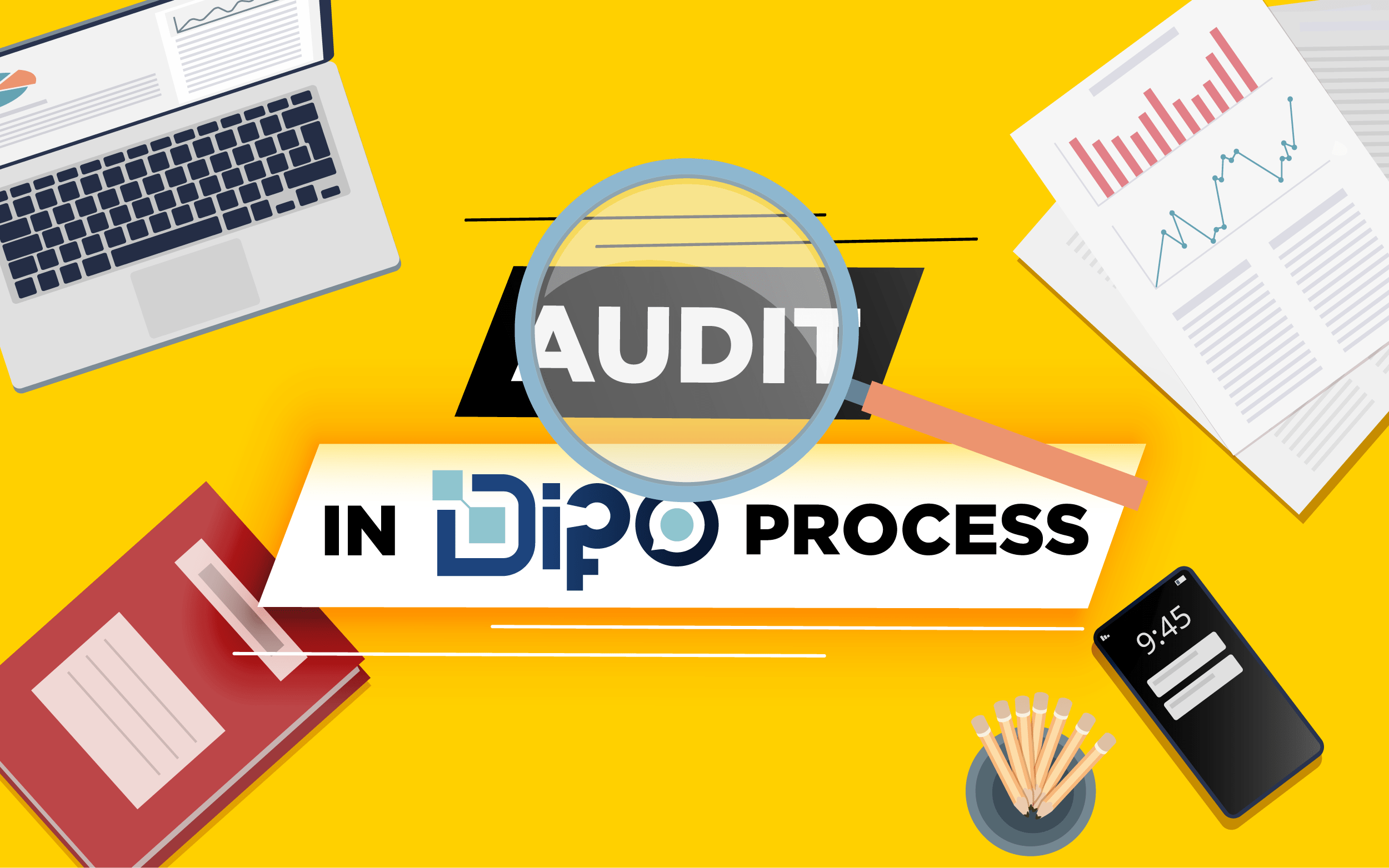DIPO is a transcendent fundraising solution of LiveTrade with outstanding advantages compared to similar models. One of the features that make the difference is the audit process before conducting the offering.
The cryptocurrency market is emerging as a global phenomenon. Token issuance has become one of the easiest and most effective ways for project fundraising. Millions have dived into this promising market in the hope of making huge profits from investing in various token portfolios. Unfortunately, most token offering methods have no appraisal for the token issuers, causing a threat that participants with bad motives may take advantage of the unregulated market to scam investors. A few major scams made headlines and investors experienced tremendous losses in a lot of scandals.
Unlike other risky fundraising methods, the DIPO model provides a solution with strict evaluation for each project. The businesses applying for listing their project through DIPO are required to submit sufficient documents of their financial statements, business performance, and other relevant materials. These documents serve as the basis for LiveTrade and its partners to assess the project potential. In other words, these documents will go through a strict and thorough audit and appraisal process before being listed for DIPO.
Auditing typically refers to financial statement audits or an objective examination and evaluation of a company’s financial statements – usually performed by an external third party. An audit is important as it provides credibility to a set of financial statements and ensures that the statements are prepared in accordance with the relevant accounting standards.
Specifically, the data submitted will be compared and contrasted by the auditors to provide the most accurate and transparent audit report. The accuracy will be achieved by the auditor’s analysis procedures of business history, development potential, and profitability. Strict requirements will also ensure that the tokenization of business assets conforms to the value of the business, avoiding inflated token prices. Auditing will also help increase the transparency by reflecting business’s activities, considering any dubious matters in the documents, thereby recognizing the reliability and sustainability of the projects. Accordingly, investors can be confident that their investments will be placed in a well-evaluated project backed by a real business rather than an anonymous team.
Realizing the importance of auditing, LiveTrade has connected with Deloitte and PwC – two of the Big Four accounting firms – to appraise the future DIPO projects. These auditors with long experience and reputation will provide better services, thereby reducing risks compared to the projects that lack the necessary due diligence processes. LiveTrade hopes that compliance with international auditing standards will reinforce the advantages of the DIPO model over other blockchain-based crowdfunding platforms in terms of security and risk-minimizing.
Auditing is certainly an integral part of the DIPO process due to its importance and practicality. Besides providing a solid basis to determine the qualified projects to be listed, it facilitates LiveTrade’s goal of offering an optimized capital raising solution for SMBs and promising investment opportunities with better protection for all investors.
About Big Four accounting firms
The “Big Four” is the nickname used to refer to the four largest accounting firms in the United States, as measured by revenue. They are Deloitte, Ernst & Young (EY), PricewaterhouseCoopers (PwC), and Klynveld Peat Marwick Goerdeler (KPMG). Aside from auditing services, the Big Four offer tax, strategy and management consulting, valuation, market research, assurance, and legal advisory services.
Recently, they started to offer digital transformation consulting to serve the needs of the digital age. They are the leading source of tax law interpretation and experts on changes in accounting and auditing standards. These firms perform most of the auditing work for some of the largest public companies in the world. In fact, the vast majority of Fortune 500 companies have their financial statements audited by one of the Big Four.




